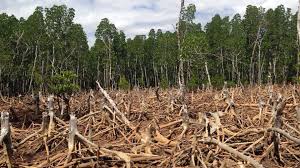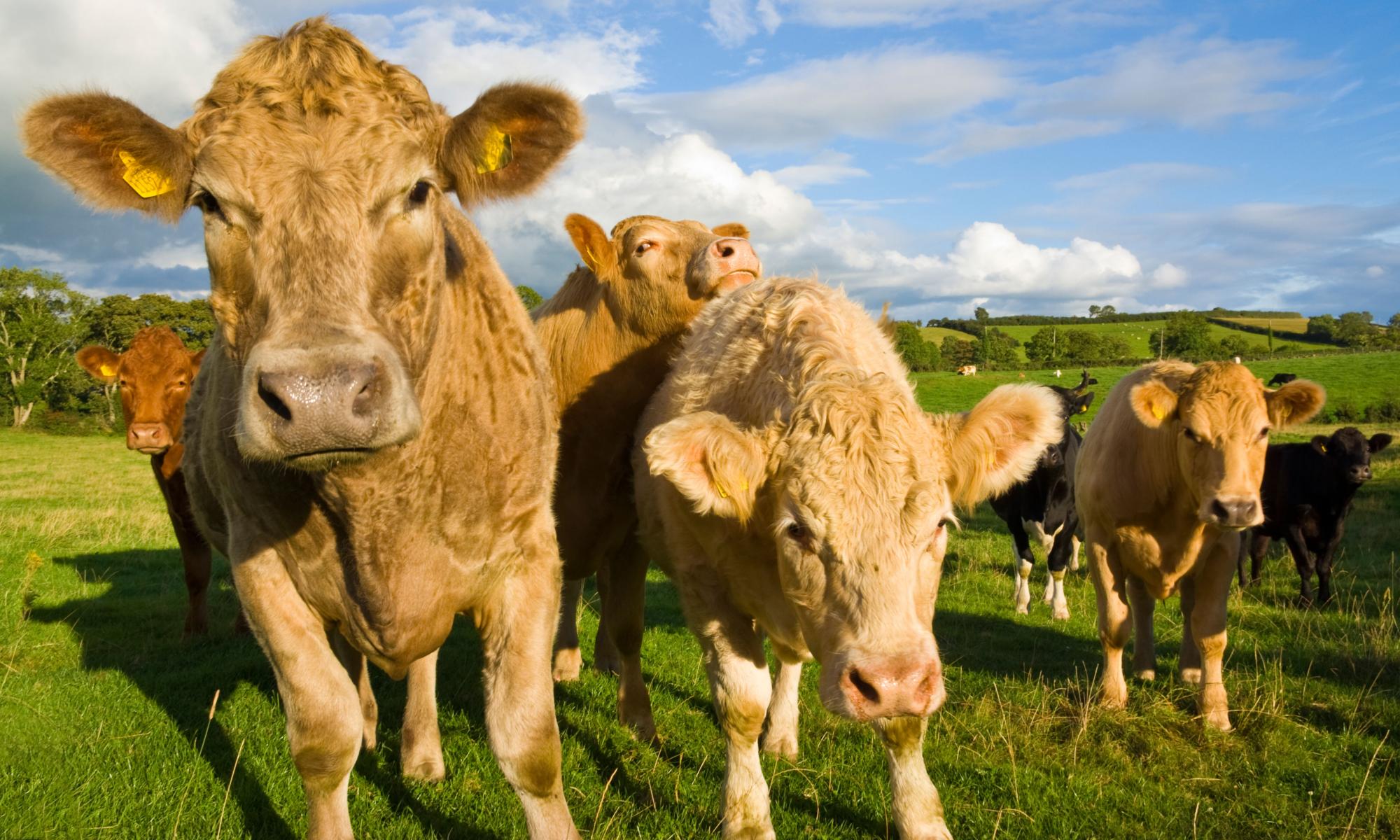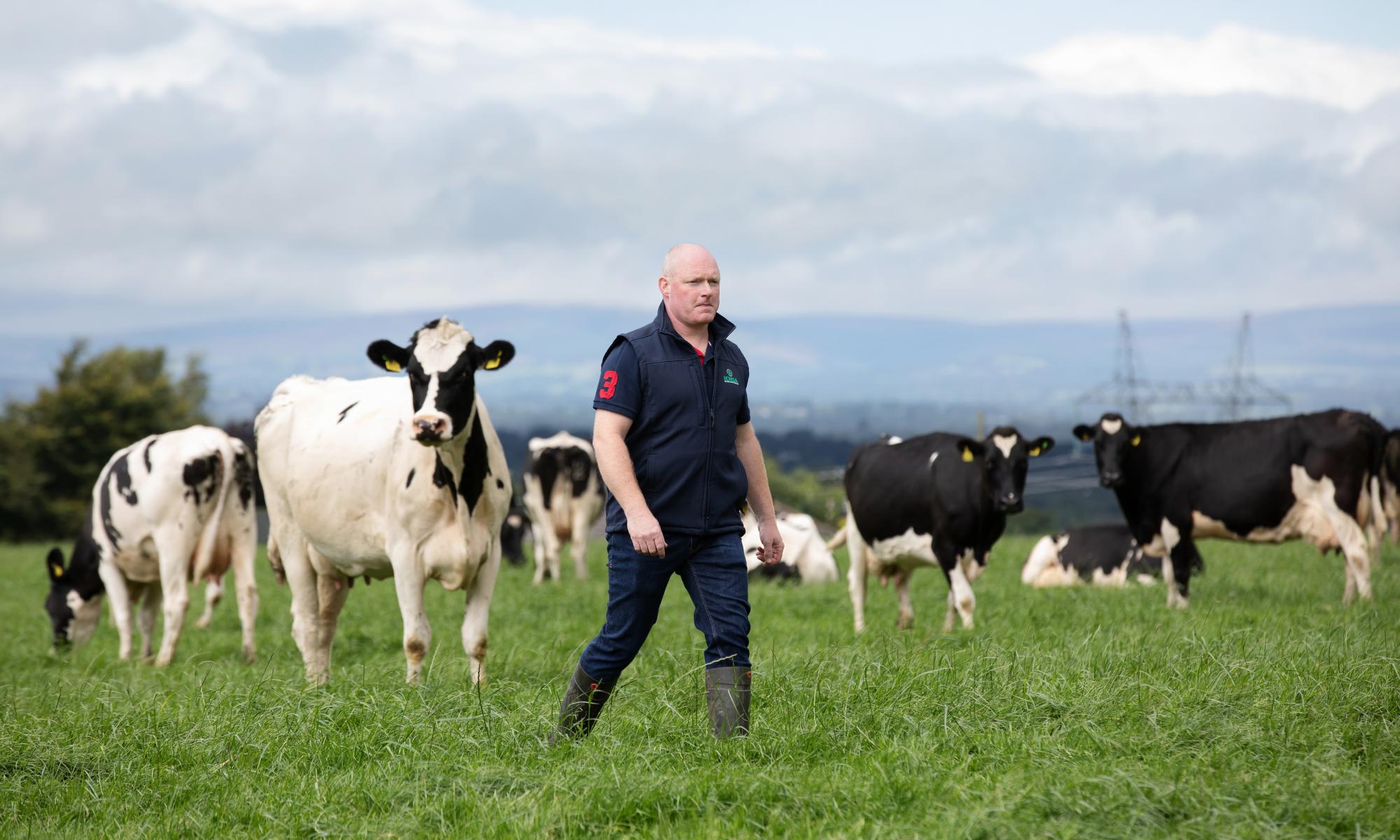The effect of Climate Change on Agriculture.
Climate always varies by years, decades, centuries, and millennia. It influences the distribution of vegetation on the earth's surface. It influences the growth of trees and the distribution of plants and animals. Nigeria has a tropical climate with two precipitations in the North high precipitation in parts of the Southeast and Southwest. This can lead to aridity, drought and desertification in the north, and flooding and erosion in the south. States in the north experience higher degrees of vulnerability to climate change than those in the south. ( Huma, 2019)
In Nigeria, Agriculture has been the occupation of most people, especially those in rural areas and it is mostly rain-fed. Climate change in rainfall makes it difficult for farmers to plan their operations. In the north where rainfall is seasonal farmers clear their land and await the commencement of the rain mostly in May/June. Food crops produced are mainly grains and cereals such as millet, guinea corn, maize, rice, etc. The occurrences of droughts since the 1970s have necessitated the building of dams to supply water for irrigation agriculture. Examples include Tiga and Kadawa dams in Kano and Jigawa states, Zobe and Jibia in Kastina state. In the middle Belt, food crops produced are mainly root crops like yam, cocoyam, etc. ( Suleiman, 2014). Higher temperatures, lower rainfall, drought Andrew desertification reduces farmlands, lowers agricultural productivity, and affects crop yields. An increase in rainfall also lowers agricultural production.
About 25 years ago, Nigeria experience climate change disasters in the presently Borno, and Yobe states the southern part of Lake Chad, the section of it that lies inside Nigeria territory dried up. The persistence droughts and desertification in the North East have been identified as the primary cause of reduction of the inflow of water into the Lake Chad, causing shrinking of the lake and resulting in conflicts between farmers, fishermen, and pastoralist living along the border of the lake. ( Suleiman, 2014 ) Farmlands and surrounding villages became barren and were swallowed up by advancing desertification which led to massive migration of people in search of more fertile land.
Higher temperatures, lower rainfall, droughts, and desertification also reduce farmland, lowers agricultural productivity and affects crop yields, particularly crops cultivated under rainfed conditions.
Studies conducted in Yobe state, for example, fines that dunes and desert encroachment have covered from approximately 25,000 to more than 30,000 hectares, undermining food and livestock production. (Huma, 2019 )
In June 2013, a late-night heavy downpour showered large ice pellets on maturing plants destroying most of the crops which include okra, maize, vegetables, and sugar cane on some irrigated farms in Mairuwa near Funtua in Kastina State. Most of the farmers have to bear the loss as the okra Andrew the maize was not ready for harvest and cannot be sold.
Also in the same month of June 2013, hailstorm consisting of ice pellets destroyed okra, maize Andrew other vegetables in farmlands whose cost us worth 10million in villages of Faskari Local Government area. About 2000 farmers were affected as most of their crops planted were completely damaged by the hailstorm which occurred when the crops were not ready for harvesting. ( Suleiman , 2014).
In conclusion, Nigeria agriculture is mostly dependent on climatic conditions and changes, these conditions have negative impacts on agricultural activities. The effects of climate change are mostly negative and we need to take action now even more than ever before. Our collective action in having favourable climatic conditions will help improve crop productivity and the availability of foodstuff in Nigeria.
By: Odinaka Okudo
Volunteer at Greenwaves Climate Action.
Contact her on Twitter @GreenwavesEnvi1
Or
Admin@greenwaves.com.ng
References
Huma Harder, 2019. Climate Change in Nigeria: Impacts and responses, K4D.2.
Huma Harder, 2019. Climate Change in Nigeria: Impacts and responses, K4D.18.
Suleiman Iguda, 2014. Appraisal of Climate Change and Agriculture in Nigeria, Academic Journals, 7(9).5.
Suleiman Iguda, 2014. Appraisal of Climate Change and Agriculture in Nigeria, Academic Journals, 7(9).8.



